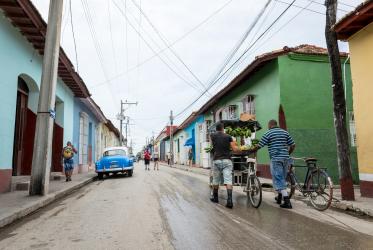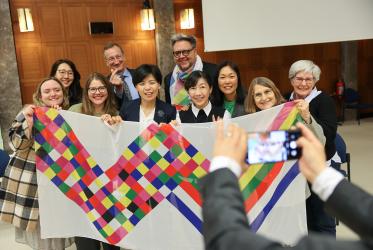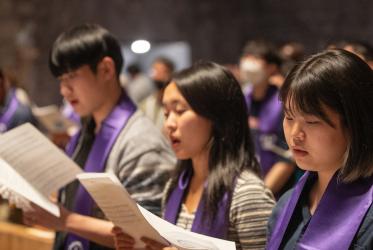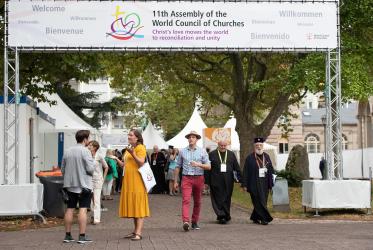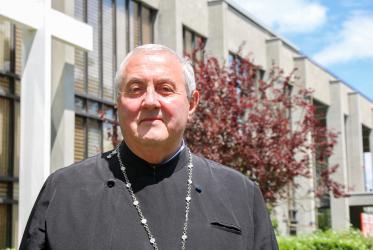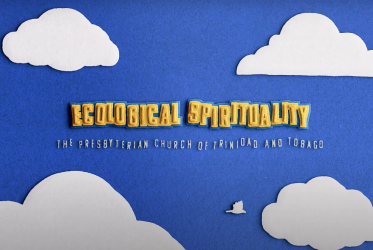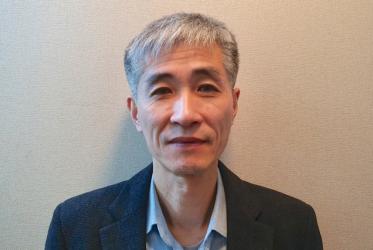Displaying 1 - 19 of 19
Ecumenism in the Philippines means hope and resilience
22 August 2023
Squid Game and Ganggang Sullae: workshop reflects on youth poverty
16 September 2022
Side-by-side, they pray for peaceful unification of the Korean Peninsula
06 September 2022
Unity is key when health crisis poses new challenges in Asia
28 February 2022
WCC shares greetings with Jamaica Baptist Union
24 February 2022
Caribbean churches make clarion call for reconciliation
21 February 2022
In pictures: Week of Prayer for Christian Unity
01 February 2021
Rev. Shin Seung-min: “We want to create hope, not despair”
22 December 2020


